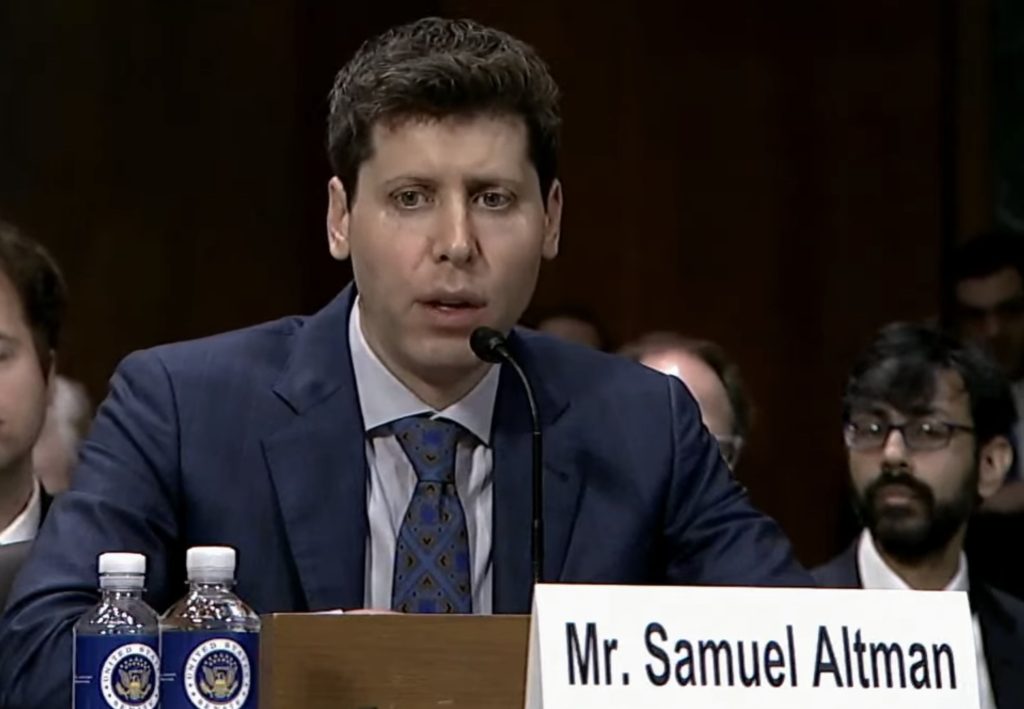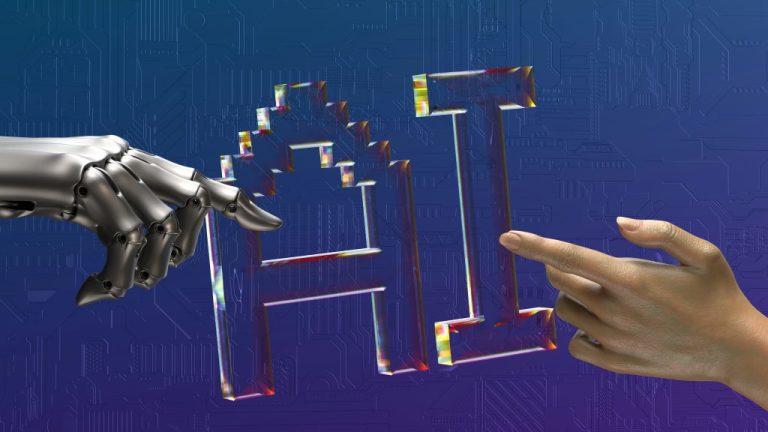OpenAI CEO Emphasizes the Crucial Need for AI Regulation
OpenAI CEO: AI Regulation ‘Is Essential’
During a recent testimony before a Senate judiciary committee, OpenAI CEO Sam Altman underscored the critical need for regulating artificial intelligence. He pointed out that technologies like ChatGPT and Dall-E 2 have the potential to tackle major issues such as climate change and cancer. However, he also cautioned about the risks linked to increasingly sophisticated AI systems.
Altman suggested that governments should contemplate implementing licensing and testing protocols for AI models that exceed a certain level of capability. He reiterated OpenAI’s commitment to safety, insisting on thorough testing before launching any new systems, and emphasized that ensuring the safety of AI is paramount.
Senators Josh Hawley and Richard Blumenthal acknowledged AI’s transformative potential and recognized the importance of understanding its impact on elections, employment, and national security. Blumenthal illustrated the technology’s capabilities by using an AI voice cloning software modeled on his previous speeches.
Concerns were raised about the myriad risks associated with AI, including deepfakes, misinformation, discrimination, harassment, and identity fraud. Additionally, Blumenthal warned about the potential job displacement stemming from an upcoming industrial revolution influenced by AI.
Altman’s appeal for regulation resonates with the concerns of AI experts and ethicists, such as former Google researchers Dr. Timnit Gebru and Meredith Whitaker. They argue that the swift adoption of AI technologies may be overstated and does not inherently ensure social good. Whitaker highlighted the troubling concentration of power among tech giants and their ability to shape societal and political dynamics with AI tools.
She warned against the assumption that AI will naturally promote social good or equitable access, labeling it a marketing illusion. Whitaker emphasized the necessity of recognizing the existing power distributions and ensuring that AI benefits all of society.
As the field of AI progresses, discussions surrounding its regulation and responsible use are becoming more critical. Policymakers, researchers, and industry leaders must work together to balance the potential advantages with associated risks while ensuring fair access to AI technologies.
For those interested in diving deeper into AI and big data, the AI & Big Data Expo will take place in Amsterdam, California, and London. This event is co-located with Digital Transformation Week, providing a great opportunity for networking and learning.
AI’s Influence in the Cryptocurrency Industry
Artificial Intelligence and Machine Learning
The integration of machine learning into cloud-native container security plays a pivotal role in enhancing safety and efficiency within digital environments. By utilizing advanced algorithms, businesses can streamline their security measures, allowing for quicker responses to potential threats and vulnerabilities.
Transforming Business Applications
Innovative applications of machine learning are significantly changing the landscape of business operations. From finance to logistics, organizations are leveraging these technologies to optimize their processes, improve decision-making, and enhance customer experiences.
AI and Music Streams
There are alarming reports about artificial intelligence and bots being utilized in unethical ways to artificially inflate music streaming numbers. This raises critical questions about the integrity of digital platforms and the implications for artists and the music industry as a whole.
Outsourcing Development Benefits
Partnering with outsourced developers can offer numerous advantages, including access to specialized skills and reduced operational costs. Such collaborations can foster innovation and accelerate project timelines, proving beneficial for companies looking to enhance their technological capabilities.
The Superintelligence Era: A New Chapter in AI Development
The era of superintelligence has officially commenced, characterized by groundbreaking advancements in various applications of artificial intelligence, including chatbots, virtual assistants, and more. As companies across the globe strive to harness these developments, the impact on both industry and society is becoming increasingly evident.
Mistral AI: A Competitive Force Against Big Tech
Mistral AI enters the scene as a challenger to established tech giants, showcasing a novel reasoning model designed to elevate the capabilities of artificial intelligence. This innovation reflects the broader trend of smaller companies pushing the boundaries of AI technology and striving for a competitive edge in a rapidly evolving landscape.
Understanding the AI Blockchain
The concept of AI blockchain is gaining traction, prompting discussions around its true implications and potential uses in various sectors. As organizations explore the intersection of these two transformative technologies, ethical considerations and societal impacts remain crucial areas of focus.
In summary, the landscape of artificial intelligence is rapidly transforming, with emerging players like Mistral AI contributing to a competitive ecosystem where innovation thrives. As we navigate this new era, awareness of the ethical dimensions and practical applications of AI will be essential for guiding responsible advancement.







